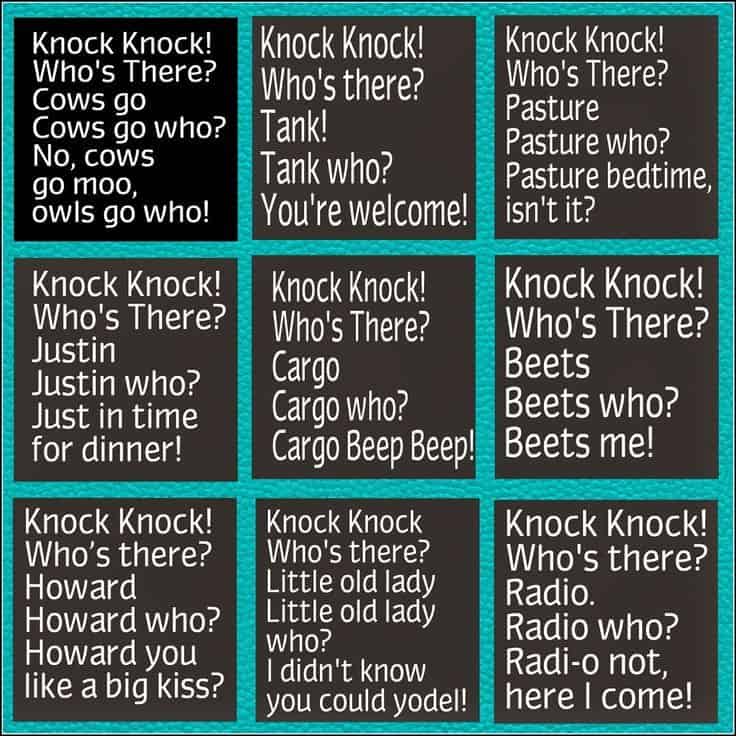
Preschoolers enjoy making up unbelievable nonsense stories. Or they may run around and try to crash into each other, then fall down in a big, giggling heap. With their buddies, they relish trying out goofy things they consider hilarious, such as throwing all their stuffed animals up in the air or wildly splashing in the water tub with plastic spoons. They usually follow these funny noises with big belly laughs.

Young 3s also love to laugh at themselves when, accidentally, they do something ridiculous, such as putting their jackets on upside down or painting their fingers red along with the paper they're working on.įinding enjoyment in sharing laughter with other children, 3½-year-olds delight in talking to each other in high silly voices or with deep, comical sounds. Threes adore it when an adult playfully says something absurd to them, like "Why are you wearing that bird on your head?" Like Adam with his teacher, they love to laugh at things they consider implausible or incredible. You have a lion hand!" The two of them share in this wonderful joke, then laugh again when she removes the puppet from her hand.īecoming increasingly more sociable, 3-year-olds enjoy sharing their sense of humor with friendly adults. Laughing, 3-year-old Adam says to his teacher, who is sitting on a couch with a lion puppet on her right hand, "Look. Toddlers need time to explore and discover what they think is fun. Describe and explain one toddler's joke to the others.

Use incongruities that toddlers understand.Encourage toddler humor by being silly yourself.Therefore, the level of the toddler's cognitive and language development determines what he finds funny. A 2-year-old might put his foot into the sleeve of his jacket saying, "Look! My shoe!" This behavior is funny because the 2-year-old now knows what a shoe really is. The symbolic play and emerging language of older toddlers allow them to make lots of silly jokes. What fun and a big relief to now play with the act of falling down. Along with their spirit of camaraderie, this group also finds falling down funny because it is something they have recently mastered. If a toddler plops down on his bottom on purpose, for instance, other toddlers might giggle as they imitate him and form a falling down conga line. Toddlers enjoy sharing jokes and imitating one another. By playing along with his joke, the teacher avoids a power struggle. Louis is testing limits within a playful interaction. She quickly follows and scoops him up, asking, "Are you a runaway bunny?" "Bunny!" exclaims Louis as he joins the rest of the group. When his teacher calls him, he glances over his shoulder with an inviting smile and runs away. For instance, it's time for 24-month-old Louis to leave the outside play space, but he doesn't want to go. Humor offers a positive way for toddlers to test limits. Trust in his teacher furthered his creative thinking and a joke was born! Here Evan took control of the game without knowing how his teacher would respond.


This gives them the confidence to try new things. "You're a funny baby!" They laugh together at Evan's clever trick.īabies also need to feel secure in their relationships. After a few rounds, Evan's smile brightens, and this time he withdraws the toy when his teacher tries to take it. Throughout the game, Evan receives happy "Thank-yous!" from his teacher. Even 12-month-olds can create jokes! For example, Evan and his teacher are playfully handing a small toy back and forth. A well-timed and sensitive approach will bring out the baby's charming smile.īabies' humor evolves quickly as impressive thinking skills, emotional connections with others, and physical coordination increase. One baby might be frightened by an activity that another baby finds hilarious. Since each baby responds differently to new stimuli, it's important to tune in to their innate temperaments. Sharing laughter with the loving adults that surround her creates positive relationships.Ī baby's first step toward humor is her playful response to actions like bouncing and tickling, body contact that produces laughs, wiggles, and smiles. Six-month-old Sofia gets "the joke," and eagerly anticipates the next round of tickles. The rhythmical chant of "tickle, tickle, tickle" culminates in a gentle belly rub and bursts of laughter. Gleeful giggles fill the air as 3-month-old Sofia plays a tickling game with her teacher.


 0 kommentar(er)
0 kommentar(er)
